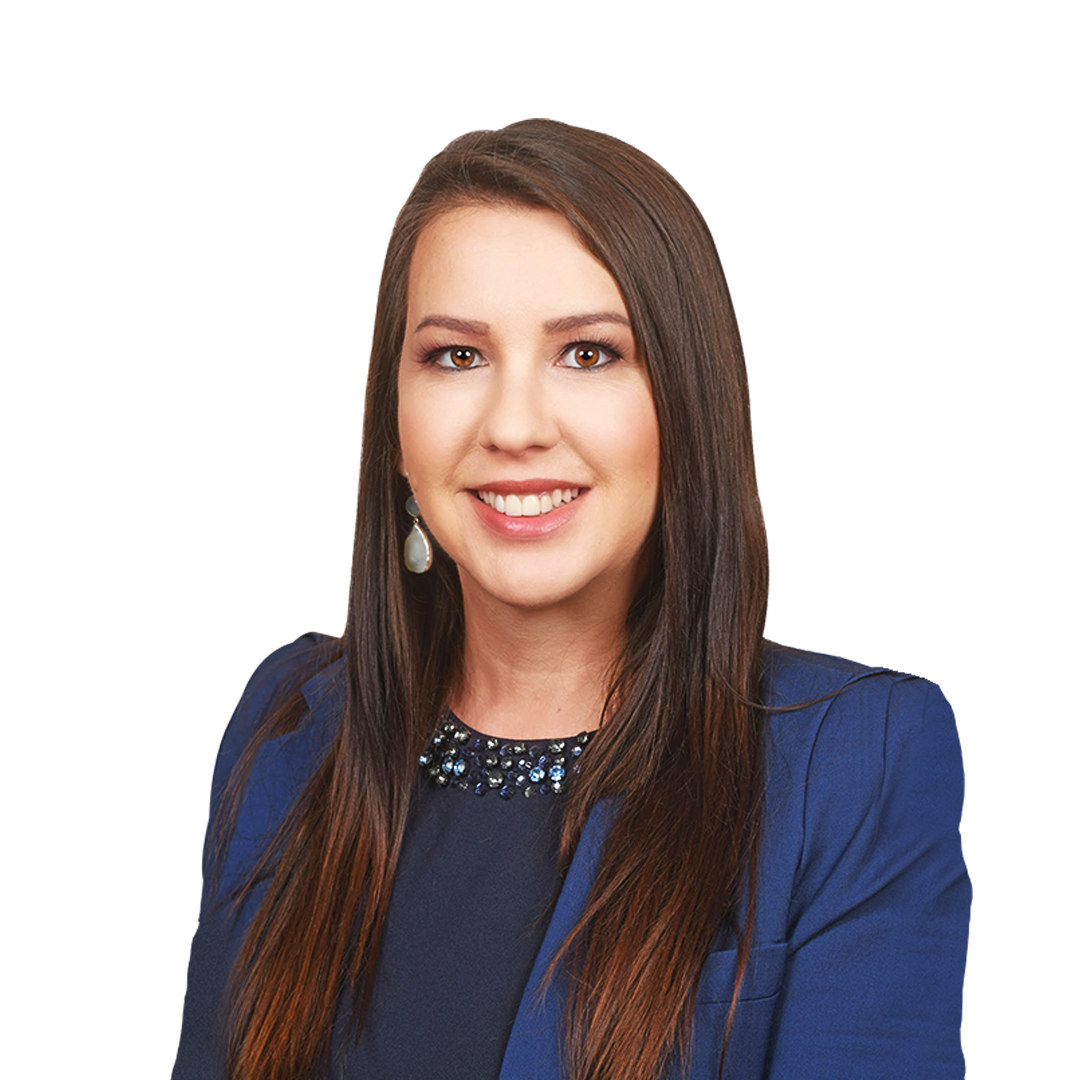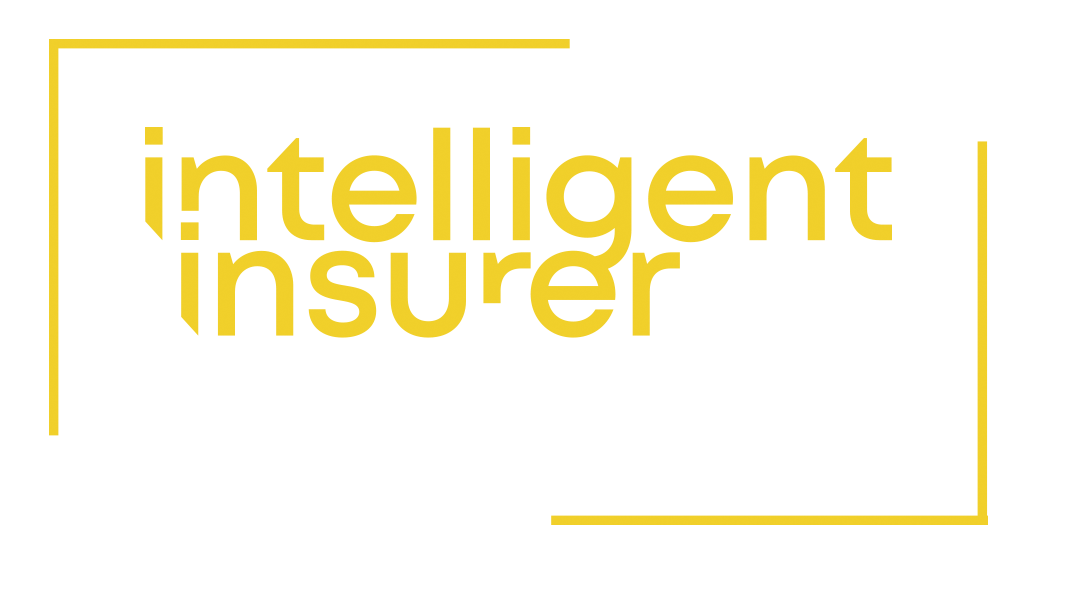
INTERVIEW: JESSICA CARDOSO
Professional liability: risk exposure evolution

Insurers can help professional firms identify and mitigate significant changes and cost rises behind professional liability claims involving E&O, EPL and cyber, says Jessica Cardoso.
“The uptick in harassment and retaliation claims resulting from internal relationships gone sour was very notable last year. That is not new to professional firms, but has resulted in significant dollar spend and some ugly allegations in the last couple of years.”
This is the view of Jessica Cardoso, Markel Bermuda Limited’s head of office and head of Bermuda Risk Management Errors and Omissions (E&O), as she discusses the evolution of risk exposure for professional firms.
Commenting on changes in professional liability more broadly, she says one of the most notable trends was the increase in frequency and severity of E&O, employment practice liability (EPL), and cyber claims.
“One of the more astounding changes in exposure I have seen was the significant defence expenses firms were incurring and the speed at which they were happening,” Cardoso says.
“In some cases, particularly on the EPL front, the change in speed to settle and shortening of the tail is noticeable. Traditionally, the tail has been about three to three-and-a-half years for EPL claims. We’re seeing that shortened to an average of 1.2 years, which is a significant change.”
Same E&O claims sources, different costs
For law firms in particular, the most notable observation in the E&O space is actually what hasn’t changed, says Cardoso. “The sources of claims are the same as we’ve always seen.”
For example, claims are still focused on conflicts of interest, poor client intake and drafting errors. There has also been an uptick in trusts and estates errors, Ponzi schemes and other client financial failures.
“The difference is the increasing cost of settlements and defence spend. The market is in its fourth year of compounded rate increases to respond to this increased loss activity, so there’s significant change on that front,” Cardoso explains.
She flags up the increasing use of technology, which is changing the process of practising law. “With that there are additional risks we haven’t seen before, artificial intelligence (AI) being one of them.”
However, she adds, Markel’s client base is very sophisticated, so they invest heavily in risk management and adapting to manage these risks.
“We spend a lot of time talking to clients about the claims activity we’re seeing in the market and in our book, and how we’re reading and responding to them.
“I’ve had clients this year say that they’ve changed or updated HR policies, for example, to align with the best practices we’ve shared with them in underwriting meetings.”
“Markel always has its eyes on what the next big litigation issues will be.”
Jessica Cardoso, Markel

Guardrails go up for controversial clients
When it comes to consulting firms and professional liability E&O, Cardoso says this group is focusing their main exposure analysis on their client selection. Within this they are looking to exercise ethics and additional risk management as well as consider reputational impacts.
“The guardrails are going up in accepting controversial clients, or matters, particularly where there is societal impact to the performance of those services, or the delivery of those products,” she says.
“These exposures are constantly evolving, so Markel always has its eyes on what the next big litigation issues will be.
“One of the things we’re looking at is the chemicals classed as PFAS. That obviously has societal impact, and we are drilling down into our clients to determine whether any work has been done for this particular product exposure, or any other products and services which impact society or are otherwise controversial.
“It is thoroughly investigating the client intake and the decisions that go into onboarding those clients.”
Ponzi exposure still significant
In terms of E&O exposures for accounting firms, which have very long tail claims, Cardoso says that Ponzi scheme exposure remains significant.
“We continue to see improper audit and due diligence exposure. Accounting firms are heavily impacted by client restatements and financial failures, and there is also a very active Public Company Accounting Oversight Board (PCAOB) in the US.”
The constantly changing landscape around standards and regulations, together with the vigilance of the PCAOB, means that accounting firms are continually manoeuvring around compliance issues.
“Generative AI is also going to be a factor in changing exposures in the future for this particular industry, so we have an eye on that as well,” she says.
“This may be the first time that we’re seeing cyber coverage triggers on E&O policies.”
Gender discrimination claims
For EPL claims, Cardoso says, law, consulting and accounting firms have all seen more of an increase in severity than frequency in the past several years.
“The claims activity we’re seeing is driven by gender discrimination claims within the professional space versus the historic drivers of sexual harassment claims,” she explains.
Currently, gender discrimination claims are taking the form of failure to promote at very senior levels of the organisation, which is driving very significant settlement demands, she says. Another factor driving claims activity comes up when partners return from parental leave and claim for gender discrimination, which Cardoso describes as “a re-emerging trend”.
In this post-COVID-19 world, her clients are seeing a heightened focus on mental health accommodations and claims for failure to meet those accommodations.
“We’re seeing an uptick in the value of toxic work environment claims, mental health claims, that we haven’t seen in prior years,” Cardoso says.
“The increase in harassment and retaliation claims resulting from internal relationships gone sour was notable last year. That is not new to professional firms, but has resulted in significant dollar spend and some ugly allegations in the last couple of years.”
This is an area where Markel has specifically asked clients to tighten their risk management policies and, she says, it appears they have done so.
This is partly because such claims are often very embarrassing and expensive to a company so they settle quickly. “Firms tend to overpay to pre-empt any negative press that may reveal salacious allegations in the claims.
“As a result, the payment rates in that space have gone up by more than 100 percent in the last four years, to accommodate the increased loss activity we’re seeing.”
Looking at the newest exposure the insurer is evaluating, Cardoso highlights the Supreme Court decision around affirmative action and how that may affect all professional firms. This could encompass their diversity, equality and inclusion efforts, recruiting programmes and their quotas or targets for diversity within the organisation.
Cyber coverage triggers on E&O policies
Markel is starting to see a return of ransomware activity after a welcome two-year slump with implications for cyber insurance.
“We have seen considerable activity resulting from the MoveIt vulnerability, and this may be the first time that we’re seeing cyber coverage triggers on E&O policies. They’re well accepted in the market as covered claims and intended coverage for lawyers professional liability (LPL) policies,” says Cardoso.
She says Markel is examining how such coverages may evolve into E&O claims and whether that will cause a renewed review of capacity deployment in the midst of potential aggregation concerns.
“Maybe this will be the trigger for changing how cyber-exposed E&O coverage exists, whether it remains in LPL policies or moves completely out. Those conversations continue, particularly in light of the MoveIt vulnerabilities in May.”
Looking ahead more generally, Cardoso says that in the professional liabilities line no-one should expect a slowdown in either severity or frequency, or the cost of defence as a part of those large settlements, in the next 18 months to two years.
“We’ve been talking about the increasing use of technology for a long time, but the pace continues to increase. That is going to have a significant impact on professional firms in the next 18 months to five to 10 years. Staying ahead of what that will look like will be a continuing focus for us,” she concludes.
Jessica Cardoso is Markel Bermuda Limited’s head of office, and head of Bermuda Risk Management Errors and Omissions. She can be contacted at [email protected]
Image from Shutterstock / Everett Collection
